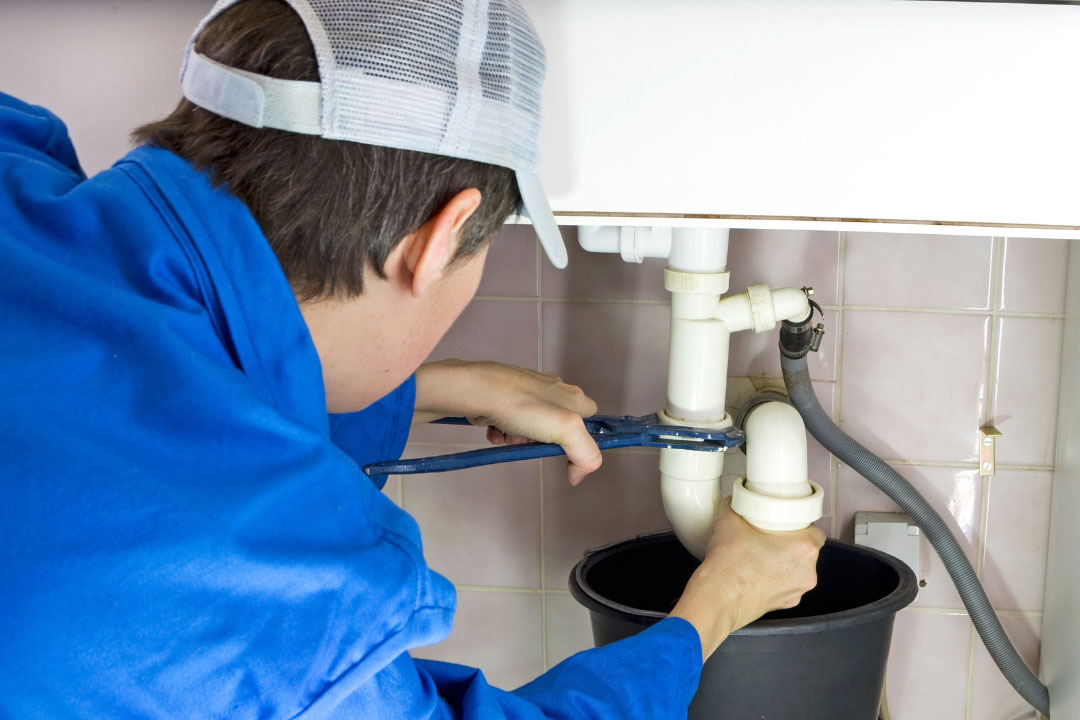How to Spot a Dodgy Plumber?
Hiring a trustworthy plumber is crucial to ensure that your plumbing issues are resolved efficiently and effectively. Unfortunately, there are some dodgy plumbers out there who might overcharge you, perform subpar work, or even cause further damage. Here are some tips to help you spot a dodgy plumber and avoid potential problems:
1. Lack of Licensing and Insurance
- Check Credentials: A reputable plumber should be properly licensed and insured. Ask for their license number and verify it with the local licensing authority.
- Insurance Proof: Ensure they have insurance to cover any accidents or damages that might occur during the job.
2. No Written Estimates
- Get It in Writing: Always request a detailed written estimate before any work begins. This should include labor costs, material costs, and any additional fees.
- Vague Estimates: Be wary of plumbers who only provide verbal estimates or are unwilling to provide a written one.
3. Upfront Payment Demands
- Reasonable Deposits: While a small deposit may be reasonable, avoid plumbers who demand full payment upfront. Reputable plumbers typically request payment upon completion of the job or in installments for larger projects.
- Cash Only: Be cautious if they insist on cash payments only, as this can be a red flag for tax evasion or inability to provide proper receipts.
4. Unusually Low Quotes
- Too Good to Be True: Extremely low quotes can be tempting, but they often indicate that the plumber may cut corners or use substandard materials.
- Compare Quotes: Get multiple quotes to compare prices and services offered. This will help you identify if a quote is unreasonably low.
5. No References or Reviews
- Ask for References: A trustworthy plumber should be able to provide references from previous clients. Contact these references to inquire about their experience.
- Check Reviews: Look for online reviews and ratings on platforms like Google, Yelp, or the Better Business Bureau. Consistent negative reviews are a clear warning sign.
6. Poor Communication Skills
- Responsive and Clear: A professional plumber should be easy to communicate with, responsive to your inquiries, and clear in explaining the work needed.
- Unprofessional Behavior: Be cautious if they are difficult to reach, rude, or dismissive of your concerns.
7. Lack of Proper Tools and Equipment
- Preparedness: A reputable plumber should come prepared with the necessary tools and equipment for the job.
- Borrowing Tools: If a plumber frequently needs to borrow tools or lacks essential equipment, it may indicate a lack of professionalism or experience.
8. No Contract or Warranty
- Detailed Contract: Ensure that there is a written contract outlining the scope of work, timelines, and payment terms.
- Warranty Provided: A reputable plumber should offer a warranty on their work. Avoid those who refuse to guarantee their services.
9. Pressuring for Immediate Decision
- Time to Decide: Be wary of plumbers who pressure you into making a quick decision or starting work immediately without a proper assessment.
- High-Pressure Tactics: High-pressure sales tactics are a common trait of dodgy plumbers looking to rush you into agreeing to their terms.
10. Unprofessional Appearance
- Clean and Branded: Professional plumbers usually have a clean, branded uniform and vehicle. While appearance alone isn’t a definitive indicator, it can reflect their level of professionalism.
By being vigilant and following these tips, you can reduce the risk of hiring a dodgy plumber and ensure you receive high-quality, reliable plumbing services. If you encounter any of these warning signs, it’s best to seek another professional to handle your plumbing needs.

